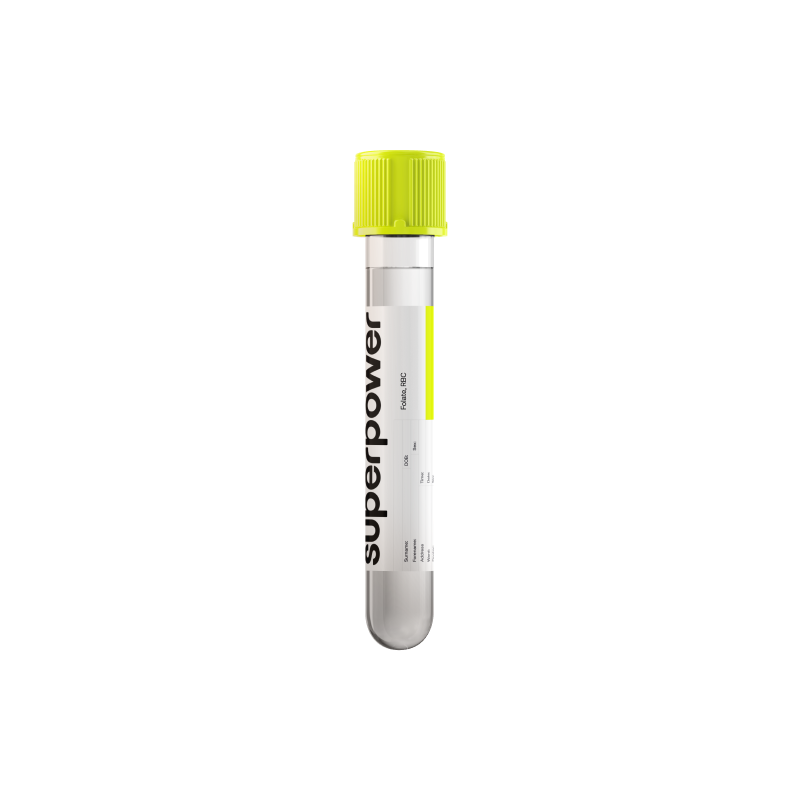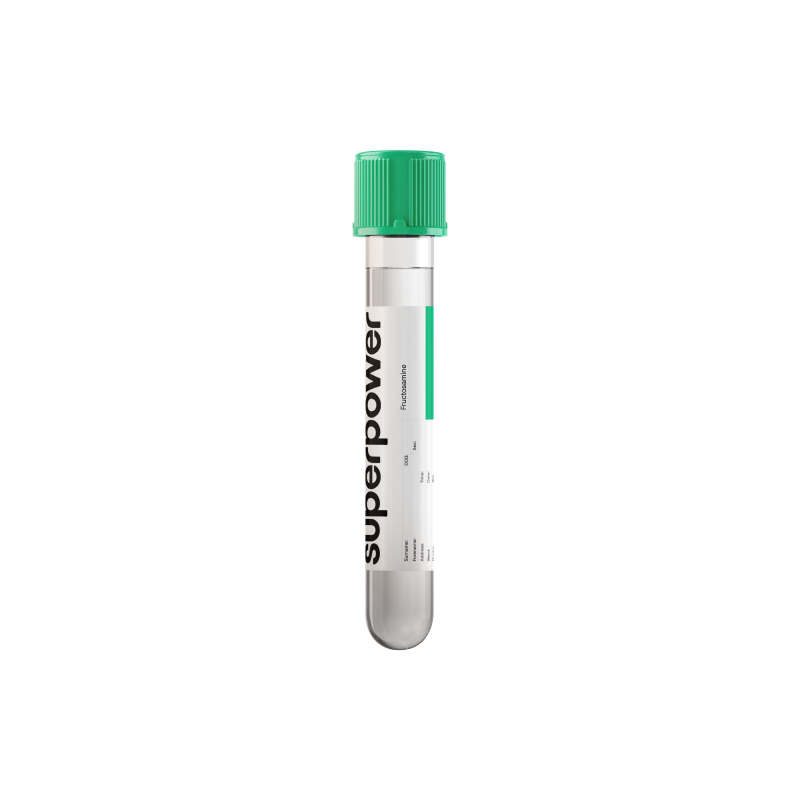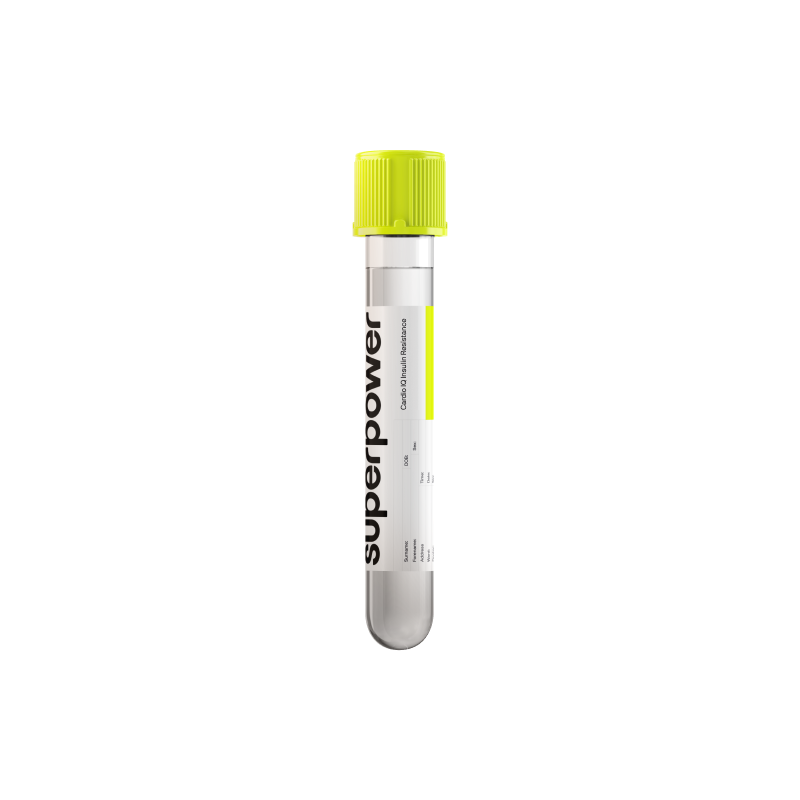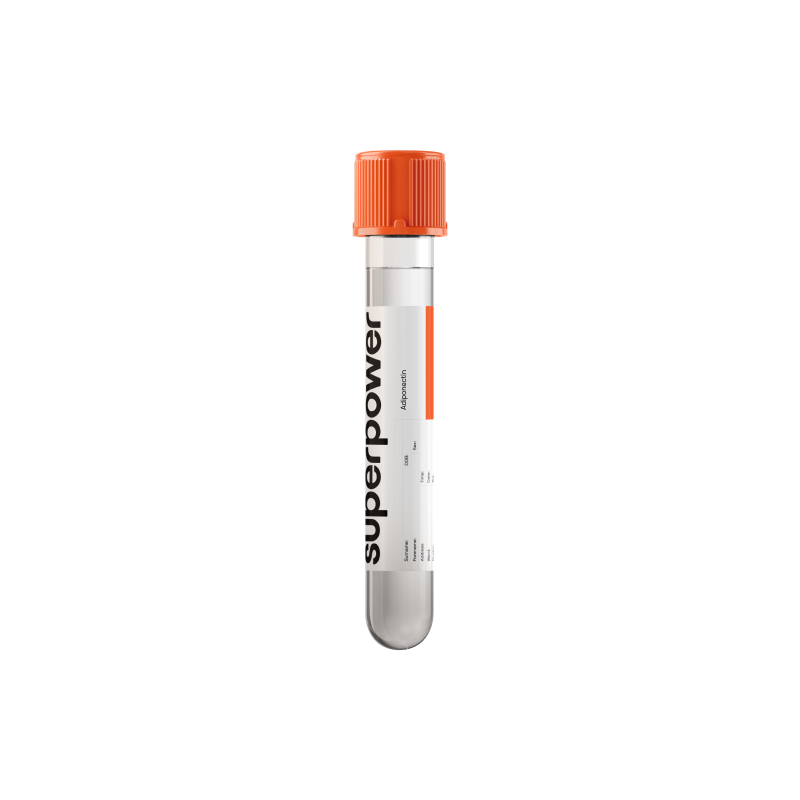Gain early insight into thyroid autoimmunity and strengthen thyroid cancer monitoring by identifying antibody interference that can obscure tumor-marker results.
Key Benefits
- Spot thyroid autoimmunity targeting thyroglobulin, a protein used to make thyroid hormone.
- Flag hidden Hashimoto’s or Graves’ risk, even when TSH remains in range.
- Explain fatigue, weight changes, hair loss, or mood shifts through autoimmune thyroiditis.
- Guide monitoring for future hypothyroidism by prompting periodic TSH and Free T4 checks.
- Protect fertility and pregnancy by flagging antibody‑positive women needing closer thyroid follow‑up.
- Ensure accurate thyroid cancer surveillance by identifying antibodies that distort thyroglobulin levels.
- Track trends over time; falling titers suggest quiescent autoimmunity, rising may warrant review.
- Best interpreted with TSH, Free T4, thyroid peroxidase antibodies, and your symptoms.
What is Thyroglobulin Antibodies?
Thyroglobulin antibodies (TgAb) are immune proteins that mistakenly target thyroglobulin, a large protein the thyroid uses to build thyroid hormones. Thyroglobulin is made by thyroid follicular cells in the thyroid gland and stored inside follicles as the scaffold for making thyroxine and triiodothyronine (T4 and T3). These antibodies are produced by B cells of the adaptive immune system (autoantibodies, a type of immunoglobulin) and circulate in the bloodstream, where they can bind to thyroglobulin.
TgAb do not have a normal helpful role; they signal that the immune system has flagged a normal thyroid protein as foreign. Their presence reflects thyroid‑directed autoimmunity (autoimmune thyroiditis), indicating immune activity focused on thyroid tissue. By binding thyroglobulin, these antibodies can accompany inflammation in the gland and may interfere with hormone assembly on the thyroglobulin scaffold. In essence, thyroglobulin antibodies are a marker of the immune system’s attention to the thyroid, pointing to ongoing or past immune engagement with this gland.
Why is Thyroglobulin Antibodies important?
Thyroglobulin antibodies (TgAb) are immune proteins directed against thyroglobulin, the thyroid’s key storage protein for making T4 and T3. When these antibodies appear, they signal that the immune system is interacting with thyroid tissue—often before hormone levels change—so they matter for energy balance, heart rhythm, mood, fertility, and pregnancy. They also interfere with laboratory thyroglobulin tests used to monitor thyroid cancer, making them crucial in that setting.
Most labs report TgAb as negative or positive with a cutoff; in general, the healthiest pattern is undetectable or very low. Values in this range usually mean no active autoimmune targeting of the thyroid. Hormone production remains steady, metabolic rate is stable, and symptoms are absent. Negative TgAb does not rule out all thyroid problems, since some people have other antibodies (like TPO antibodies) or nonautoimmune thyroid disease.
When TgAb are elevated, they indicate an autoimmune response—commonly Hashimoto’s thyroiditis, sometimes Graves disease, and in some, painless or postpartum thyroiditis. This can precede rises in TSH and falls in free T4, with fatigue, cold intolerance, dry skin, weight gain, constipation, and heavy menstrual bleeding; transient hyperthyroid phases can bring palpitations, anxiety, and heat intolerance. Women are affected more than men. In pregnancy, positivity increases the risk of postpartum thyroiditis and thyroid dysfunction; in children and teens, chronic autoimmunity can slow growth and delay puberty. In thyroid cancer follow-up, TgAb can mask thyroglobulin, so trending the antibodies themselves becomes informative.
Big picture: TgAb links the immune and endocrine systems. Interpreted alongside TSH, free T4/T3, TPO antibodies, and ultrasound, it refines risk for future hypothyroidism, helps explain metabolic and cardiovascular shifts, and guides long-term surveillance.
What Insights Will I Get?
Thyroglobulin antibodies (TgAb) measure immune reactivity against thyroglobulin, the storage protein used by the thyroid to make thyroid hormones. Because thyroid hormones set the pace of energy use, temperature regulation, cardiovascular tone, cognition, and reproductive function, TgAb is a window into autoimmune pressure on this system.
Low values usually reflect no measurable autoimmune attack on thyroglobulin. Thyroid hormone production is unlikely to be limited, so metabolic rate, heart function, and brain and reproductive signaling are generally stable. In pregnancy, antibodies often fall due to immune tolerance.
Being in range suggests immune tolerance of thyroid tissue and steady hormone output. For this test, “optimal” typically sits at the low end of the reference range, often reported as negative or undetectable, which supports reliable metabolic and cardiovascular regulation and clearer interpretation of other thyroid tests.
High values usually reflect autoimmune thyroid disease, most commonly Hashimoto’s thyroiditis, where immune targeting of the gland can progress to too little thyroid hormone (hypothyroxinemia). Systems-level effects trend toward slower metabolism, reduced heart rate and cardiac output, menstrual or fertility changes, and cognitive slowing; some people remain euthyroid initially. TgAb can also appear in Graves disease. Women and the postpartum period have higher prevalence, and rates rise with age. In thyroid cancer follow-up, TgAb can interfere with thyroglobulin tumor-marker measurements.
Notes: Assays and cutoffs vary by lab; serial testing is best done with the same method. Pregnancy lowers TgAb during gestation and they may rise postpartum. Immune-modulating therapies and assay interferences (including biotin and heterophile antibodies) can affect results. Interpretation is strengthened by pairing with TSH, free T4, and thyroid peroxidase antibodies.



.svg)



.png)
.png)
.png)
.png)








